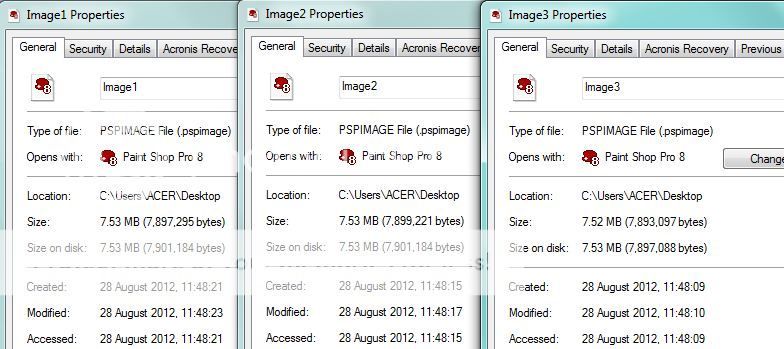AnotherJoe
New member
- Jun 10, 2011
- 407
- 0
- 0
Dacs that run in adaptive and adaptive asynchronous mode both use isochronous transfer. The adaptive part is about reclocking the input (or assigning to the output) to reduce jitter.
Asynchronous dacs on the other hand can use bulk transfer. However I am not aware of any DAC that uses retry. The nature of realtime streaming means it is not appropriate. The problem here is that other data on the same bus can take priority over the bulk transfer, and affect latency. This means that the potential retry of lost data is not possible - so you still rely on CRC and trying to conceal errors (if there are any).
Asynchronous dacs on the other hand can use bulk transfer. However I am not aware of any DAC that uses retry. The nature of realtime streaming means it is not appropriate. The problem here is that other data on the same bus can take priority over the bulk transfer, and affect latency. This means that the potential retry of lost data is not possible - so you still rely on CRC and trying to conceal errors (if there are any).



